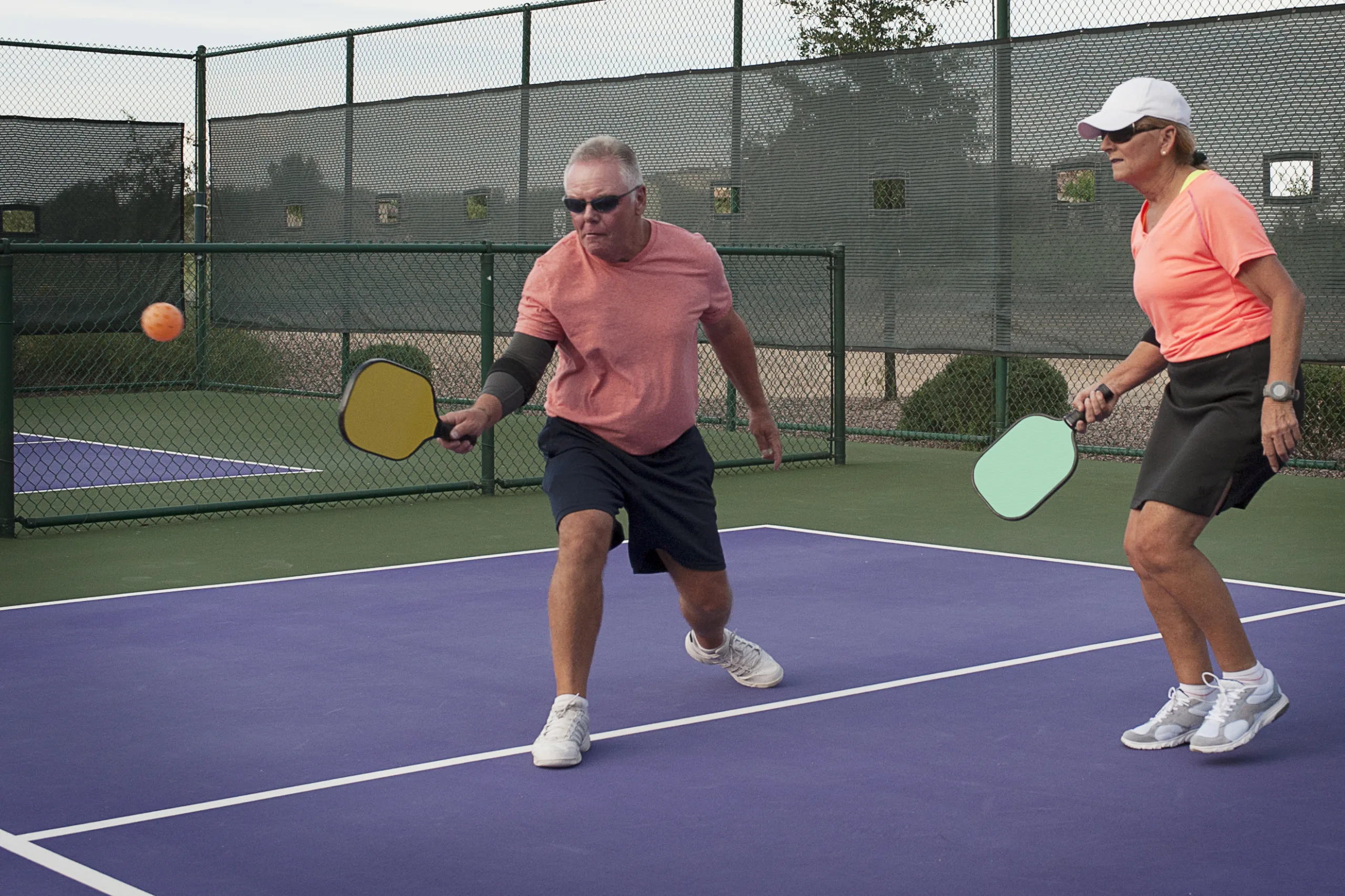Previously, we discussed Intermittent Fasting (IF) and its impact on brain and heart health for people over 70. Well, a National Institute on Aging (NIA) study found that intermittent fasting may also cause the body to reset our Circadian Rhythms which has been known to be linked to people with Alzheimer’s.
What are Circadian Rhythms?
Circadian rhythms control our bodies internal clock. These rhythms emanate from the suprachiasmatic nucleus, a tiny region of the brain located in the hypothalamus, and not only dictate our periods of sleepiness and alertness but also regulate critical functions such as hormone secretion, body temperature, and metabolism.
Normally, these rhythms are calibrated by the light-dark (day/night) cycle, with light serving as the primary cue to reset the brains circadian. This master clock is instrumental in coordinating all circadian clocks throughout the body, ensuring a harmonized physiological rhythm.
However, when these rhythms are out of balance, as seen with Alzheimer’s patients, we experience cognitive decline, confusion in the evening, and trouble falling and staying asleep.
How does intermittent fasting effect our Circadian Rhythms?
Researchers at the University of California, San Diego found that performing Intermittent Fasting (IF) causes a reset of circadian rhythms and improvements in sleep, digestion, and other health factors. In particular when experimenting on “Alzheimer’s” mice, those with high levels of beta-amyloid plaques, a protein found in the brains of people with Alzheimer’s, researchers saw their disrupted circadian rhythms reset when exposing the mice to intermittent fasting. Additionally, the brains of the Alzheimer’s mice that followed the restricted IF diet had lower levels of beta-amyloid plaques and reduced inflammatory activity.
The Experiment
Alzheimer’s mice fed a restricted diet remembered the locations of newly placed objects in mazes better than those fed unrestricted diets and at levels seen in control mice. Importantly, the mice in all groups ate the same volume of food, confirming that the observed changes were not due to calorie restriction.
Takeaway
Intermittent Fasting (IF) may restore circadian rhythms and slow the behavioral, cognitive, and molecular disruptions associated with Alzheimer’s (at least in mice). Further experiments have yet to be conducted on human subjects, but the research seems promising.
Source:
Exploring the Role of Circadian Rhythms in Sleep and Recovery: A Review Article











